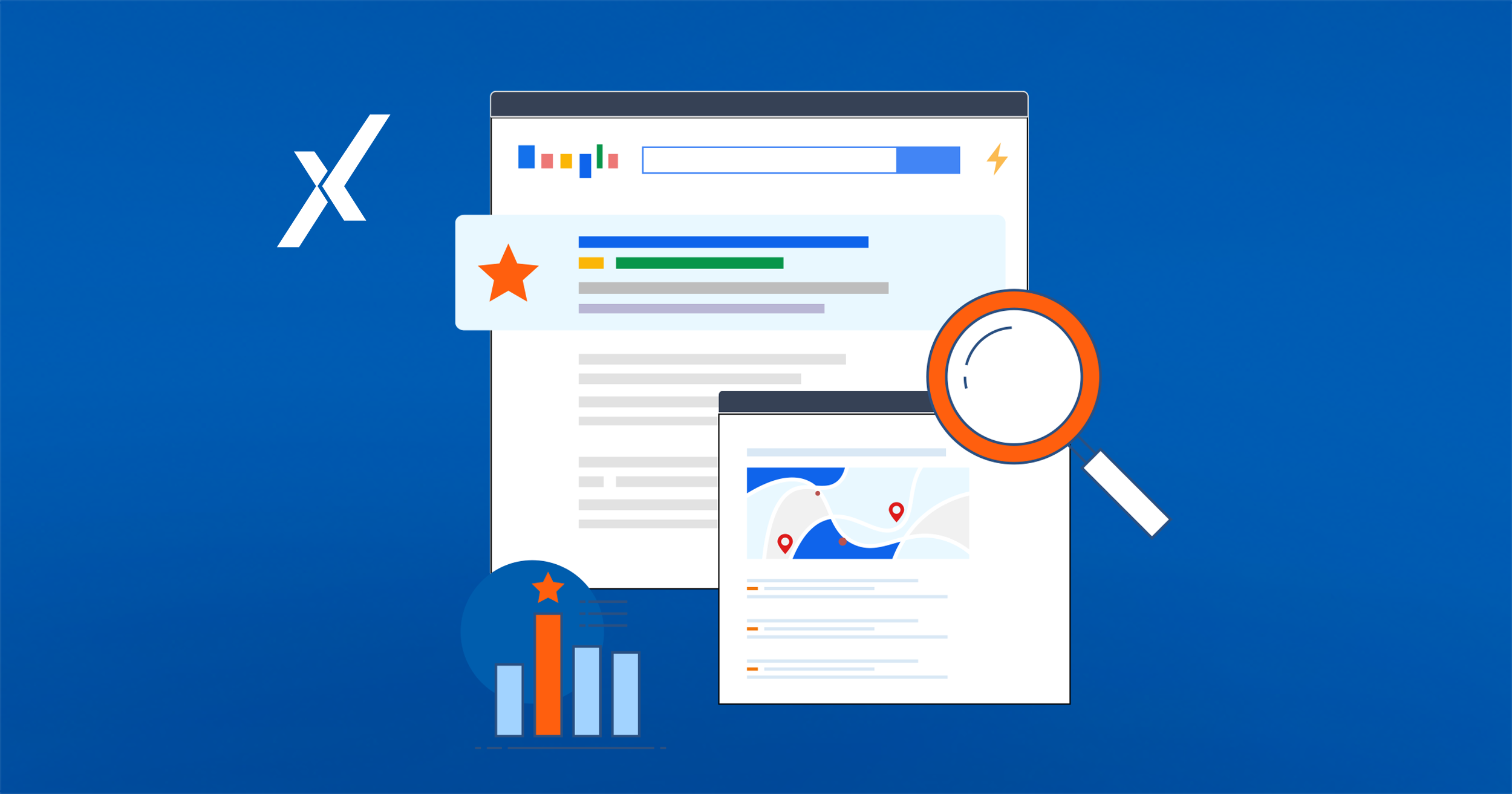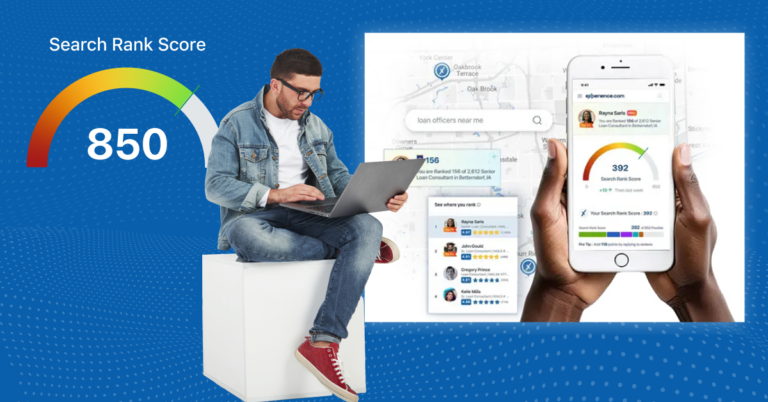Winning On Search
Online search ranking algorithms used by the big search engines (i.e. Google, and Yahoo) are complex systems used to determine the relevance and importance of web pages in a search engine’s index and deliver the most relevant results to users. The algorithms take into account hundreds of factors, including the content of a page, the number and quality of links pointing to a page, the relevance of the page to the search query, the proximity of the business location from the user, the prominence of the company/ website, and the overall user experience on the site.
To determine the relevance of a page to a specific search query, the search engines look at the content of the page and compare it to the search query. This includes analyzing the words used on the page, as well as the structure and format of the content. They also look at the number and quality of external links pointing to the page, as well as the overall user experience on the site, including the loading speed and the design of the site.
Search rank algorithms are constantly evolving, and the search sites frequently update and refine their algorithms to improve the quality of search results and provide a better user experience. While it is not possible to know exactly how each algorithm works, the experts at Experience.com are constantly researching and implementing best practices so their customers can win on search. Experience.com has turned search rank into a score (Search Rank Score), much like a Credit Karma for search, and they have helped tens of thousands of local businesses automate best practices.
The 5 Most important things you can do to help every location win on search
Winning on search if you are a single location company is complex and can take the coordination of a lot of sites, platforms, and reviews pages, and even your own sitemap. Trying to do this for 10 or 1,000 locations is nearly impossible without an automated platform like Experience.com. Here are the 5 most important factors for winning on search;
- Claim your Google Profile, update every field, add photos, and hours of operation.
- Publish consistent data on all relevant web profiles.
- Request reviews from customers.
- Reply to all reviews, good or bad.
- Post customer feedback on your professional pages, location pages, and brand pages.
The best way to think about search is this: Customers are using a search engine to find information, a product, or a service. The search engine wants to give their user exactly what they are looking for. But, in most cases, there are a lot of answers to each search query. The search engine wants to give the best answer. The word “BEST” is a very complex outcome. Let’s say you’re looking for a local professional. Google could deliver you a million or more local and national options. How do they figure out which response is “BEST”? They build a mathematical model that goes beyond your question. It adds your location, other customer experiences, your website signals, and more. Delivering great experiences to your customers is important, but won’t get you to #1 on search alone.
Want to understand a little more about the search logic google and other search engines use? Below is a breakdown of the what and why of search logic.
1. Prominence
Prominence is one of the factors that search engines take into account when ranking search results. Prominence refers to how well-known and established a website or webpage is. Sites like Google use various signals to determine the prominence of a webpage, such as the number of external links pointing to the page, the quality of those links, and the overall authority and trustworthiness of the website.
Having a high level of prominence can be beneficial for a webpage’s search ranking because it can indicate to Google that the webpage is a reliable and trustworthy source of information.
2. Relevance
Prominence is one of the factors that search engines take into account when ranking search results. Prominence refers to how well-known and established a website or webpage is. Sites like Google use various signals to determine the prominence of a webpage, such as the number of external links pointing to the page, the quality of those links, and the overall authority and trustworthiness of the website.
Having a high level of prominence can be beneficial for a webpage’s search ranking because it can indicate to Google that the webpage is a reliable and trustworthy source of information.
3. Proximity
The search engines try to provide the most relevant and accurate results for a given search query, and the location of the person conducting the search can be a relevant factor in determining which results are the most relevant.
For example, if someone searches for any kind of professionals on Google, the search results will likely include company locations that are located near the person conducting the search. This is because Google assumes that a person searching is likely looking for a local professional or business to help them, and the most relevant results will be companies or professionals that are located close to the person conducting the search.
Similarly, if someone searches for a product or service that is only available in a specific location, such as a ticket to a local event, the search results will likely include businesses or websites that offer that product or service in the location where the searcher is located.
Top 5 Factors:
1. Optimizing Google Profiles Pages
Here are some tips for optimizing your Google profile to improve your visibility in local search results:
- Claim your Google My Business (GMB) listing: If you have a local business, it’s important to claim and verify your Google My Business listing. This will allow you to manage your business’s information on Google Maps and in Google’s local search results.
- Add your location to your Google profile: Make sure to include your city or region in your Google profile so that it’s clear to search engines and users where you’re located.
- Use relevant keywords in your profile: Include relevant keywords in your profile and biography to help users and search engines understand what you do and where you’re located.
- Include links to your website and social media profiles: By linking to your website and social media profiles from your Google profile, you can help users find more information about your business and improve your visibility in search results.
- Encourage customer reviews: Encourage your customers to leave reviews on your GMB listing. Positive reviews can improve your visibility in local search results and help attract new customers.
- Keep your information up to date: Make sure to keep your information on your GMB listing and Google profile up to date, including your business hours, contact information, and services offered.
2. Publishing Consistent data on all profiles
Consistency of data is important for all search algorithms because it helps to ensure the accuracy and reliability of the information that is returned in search results. When data is consistent, it is easier for the search engines to understand the content and context of a webpage and to determine its relevance to a particular search query. This in turn helps Google to deliver the most relevant and useful results to users.
There are several factors that contribute to the consistency of data on a webpage, including:
- Accurate and up-to-date information: Search Engines value websites that provide accurate and up-to-date information. This means that the information on your webpage should be factual, relevant, and current.
- Clear and concise language: Search algorithms are designed to understand the meaning of words and phrases, so it’s important to use clear and concise language on your webpage. This will help them understand the content of your webpage more easily.
- Proper formatting and structure: Proper formatting and structure can also help. For example, using headings, subheadings, and bullet points can help to break up the content and make it easier to read and understand.
Overall, consistent data is important for search algorithms because it helps to improve the accuracy and reliability of the information that is returned in search results. By ensuring that your website has accurate, up-to-date information, and is well-formatted and structured, you can help to improve its visibility and ranking in search results.
Whether you have 2 locations or 20,000, easily update and edit information, publish to Google, Facebook, industry sites, apps, maps and more, with Experience.com’s Listings Management! Take the pain out of managing your listing information to ensure you are found accurately every time.
3. Requesting Reviews
The search engines use a variety of signals to rank search results, including the relevance of the content on a webpage and the quality of the website. One of the signals used to evaluate the quality of a website is the presence and quality of customer reviews.
Search algorithms take into account the number and content of reviews, as well as the diversity and authority of the sources providing the reviews. This means that if a website has a lot of high-quality reviews from a diverse group of sources, it may be more likely to rank higher in search results.
4. Replying to your Reviews
It is generally a good idea to respond to reviews, whether they are positive or negative, as it shows that you value your customers and are willing to engage with them. Responding to reviews can also help to manage your online reputation and give you an opportunity to address any issues or concerns that customers may have.
If you receive a negative review, it is especially important to respond in a timely and professional manner. This can help to resolve the issue and prevent it from escalating. It is also a good idea to apologize for any issues or problems that the customer experienced, and to offer a solution or compensation if appropriate.
Leverage hundreds of integrations to get found on top of search engines and get chosen, and monitor and reply to all reviews for all locations in a single dashboard, with Experience.com’s Business Reviews Management!
5. Optimizing your website
The data on your agent, location, and brand web pages must be consistent with sites like Google, Bing, and Yelp. If you have a different address on one of these pages for a given location, that can create a mismatch. Also, be sure to have the products, services, and content that you offer listed prominently on your site so the search engines can verify you have exactly what the user is searching for. Publishing reviews on your website can be a useful way to provide potential customers with valuable information about your products or services. It can help to build trust and credibility, and can also help to improve your search engine ranking. When publishing reviews on your pages, make sure to add location, and review data to the review. The newer the feedback, the bigger the impact it will have on your results.
Final Thought;
It’s important to note that the factors listed above are just a few of the many that search engines consider when ranking search results. There is no single formula for achieving a high ranking. Search algorithms are constantly evolving and take into account hundreds of different signals to provide the most relevant and useful search results to users.
At Experience.com, our search experts are always researching, evolving our models, and building automation to help companies stay ahead of this complex landscape. Publish consistent data to directory and social sites, apps, and maps for all of your locations with a single push, and power your pros on Google search.
Want to get your agents and locations to the top of search results? Click here to schedule a demo and learn about our FREE trial.




